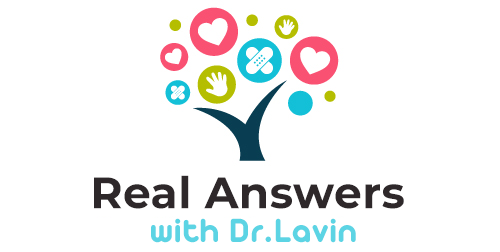H1N1 and Seasonal Flu Vaccine-
Juggling the Schedules
Some children have been immunized for H1N1 and some for
seasonal flu.
Some have had one dose but need a booster,
some have had one dose but do not need a booster.
This is a very unusual flu immunization year, instead of getting
one immunization for influenza, now you need two series of immunizations!
We hope this guide will clear up many questions you have.
H1N1 v. Seasonal Flu
Seasonal flu is a set of usually 3 related viruses that cause illness
in the US every winter, typically appearing in full force in January,
and gone until the next winter by May. It causes colds, flus,
ear infections, sore throats, coughs, pneumonias and such.
Most years the severity is pretty much the same as the year before,
but every now and then a more severe set of viruses appears.
It always appears in the same season and goes away for the same seasons,
even though the actual strains of viruses vary a bit year to year.
H1N1 virus is a far less predictable virus. It can come and infect
a large area anytime of the year. It has already hit Cleveland in April-
June and September-October. Who knows if it will return?
Who knows how severe it will be if it returns? It has caused serious
disease in our region, even some deaths, but our own experience
at Advanced Pediatrics is that we saw no severe or dangerous illnesses
from H1N1 this year.
This physically the same virus each time it reappears in each of its
two epidemics this year. It may be done, or it may return.
Nasal Spray v. Injection
Nasal Spray is a highly effective approach to flu immunization in children.
It can only be used if you between ages 2-50 years old, and do not have a
chronic illness like asthma.
This form can be used for seasonal flu and/or H1N1.
If you get any nasal spray flu vaccine, you cannot get the other
nasal spray flu vaccine for about one month afterwards.
For example, if you get the H1N1 nasal spray, you have to wait about a
month before you can get the seasonal flu nasal spray (and vice versa).
Injection is the old-fashioned flu shot. It can be used in anyone 6 months
of age and older, with any illness, but not if you are allergic to eggs.
You can get any injection, including the other flu shot, along with any
flu shot (i.e., H1N1 or seasonal).
Getting Flu Vaccine if you are Sick
You can get any flu vaccine if you are mildly ill. That includes H1N1 or
seasonal, nasal spray or injection flu vaccines.
Mildly ill means that you can breathe without too much struggle, your
fever is not making you very uncomfortable, you are well enough to not
need to go to the hospital, etc.
It turns out that flu vaccines will not make your mild illness worse,
and your illness will not block the vaccines from working.
When to Get the Next Flu Vaccine
If you got the H1N1 shot, when can you get the seasonal flu shot?
Anytime
If you got the seasonal flu shot, when can you get the H1N1 shot?
Anytime
If you got the H1N1 nasal spray, when can you get the seasonal flu shot?
Anytime
*Disclaimer*
The comments contained in this electronic source of information do not constitute and are not designed to imply that they constitute any form of individual medical advice. The information provided is purely for informational purposes only and not relevant to any person’s particular medical condition or situation. If you have any medical concerns about yourself or your family please contact your physician immediately. In order to provide our patients the best uninfluenced information that science has to offer,we do not accept samples of drugs, advertising tchotchkes, money, food, or any item from outside vendors.








No comments yet.